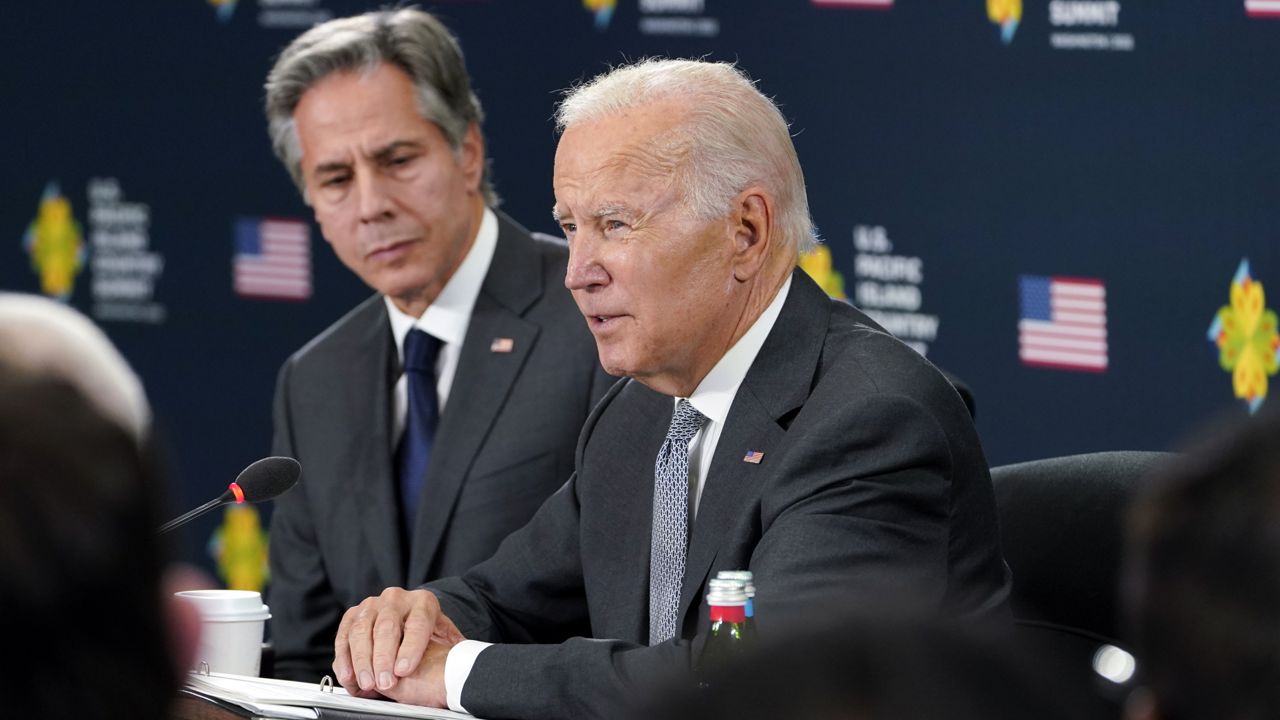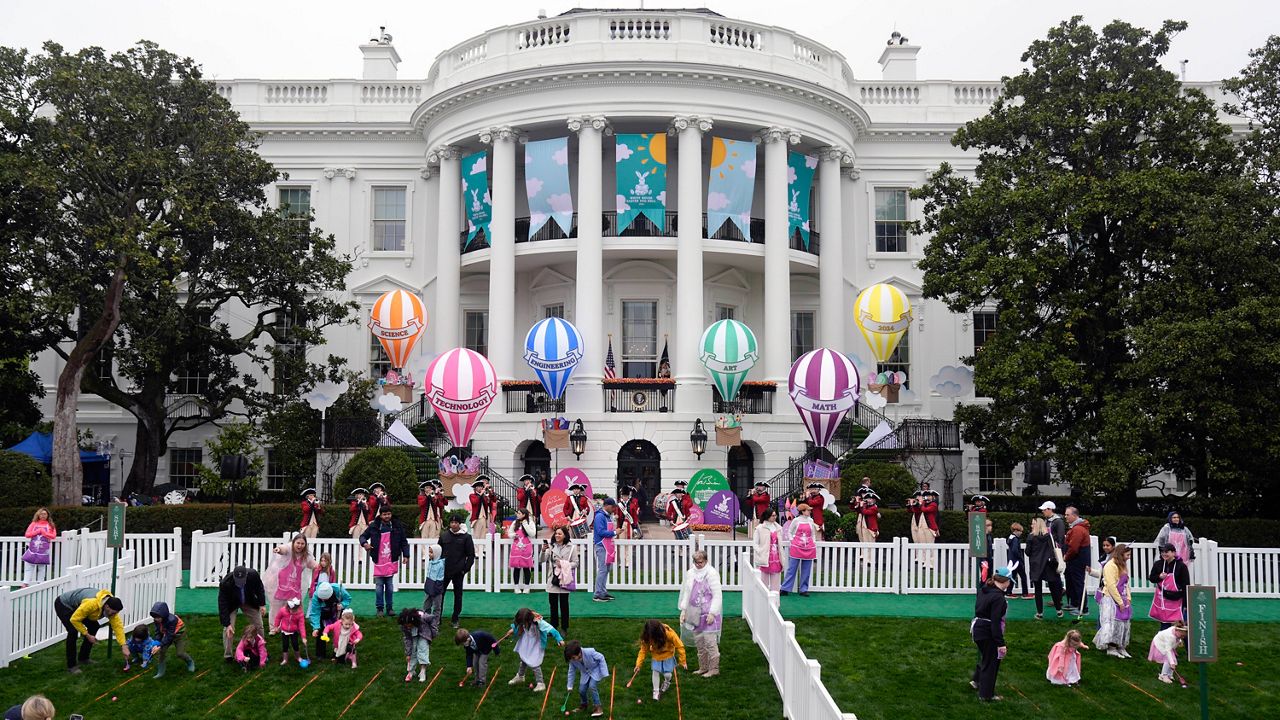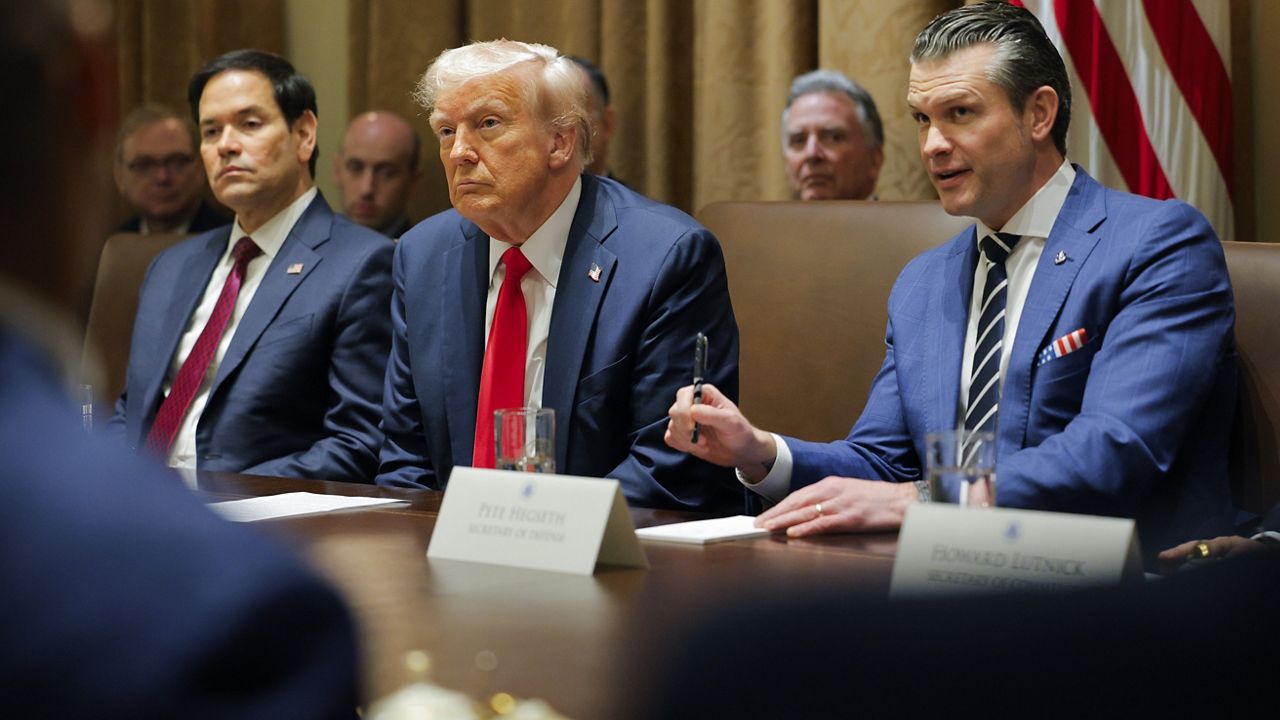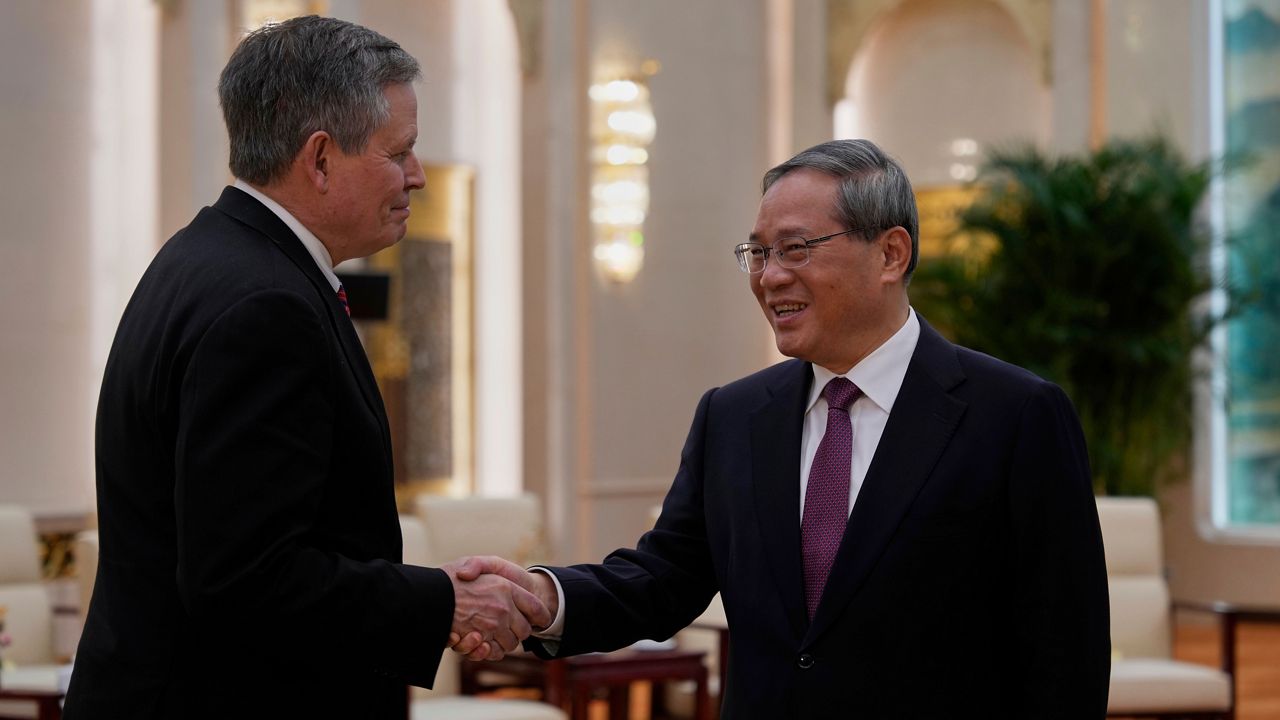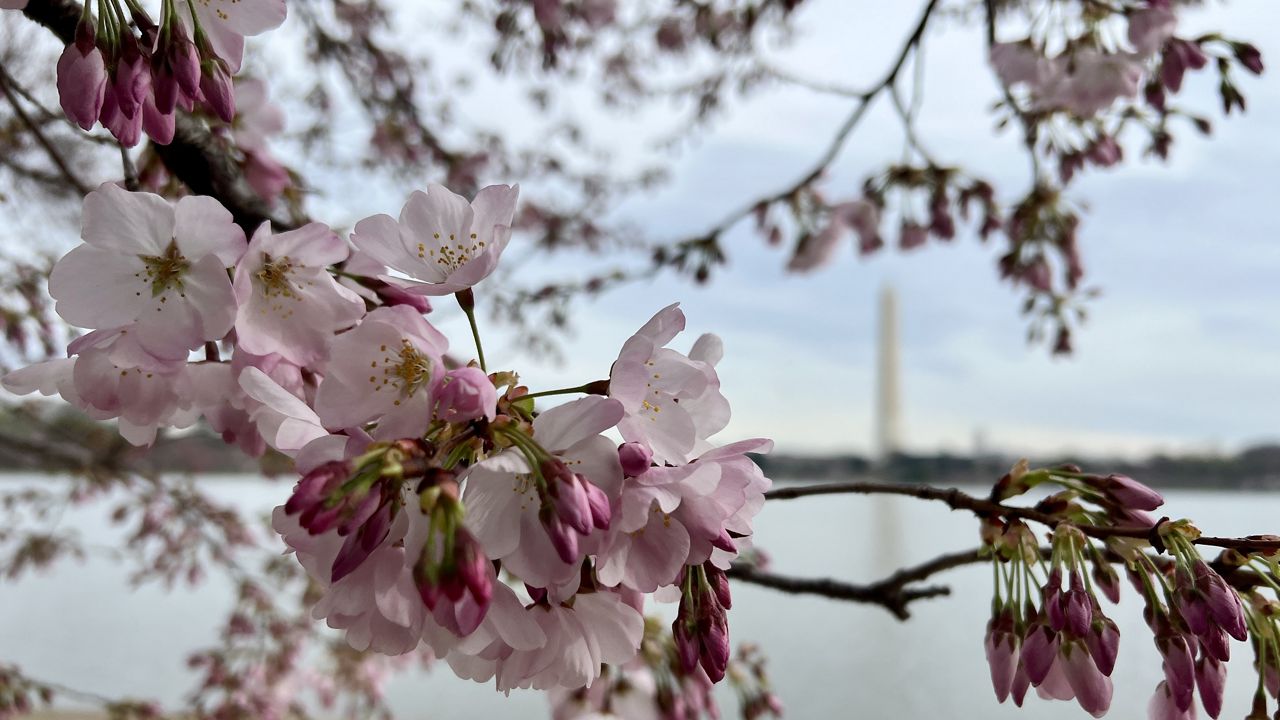The White House on Thursday unveiled a Pacific strategy designed to bolster U.S. engagement with more than a dozen island nations on issues including climate change and maritime security while pledging to expand the U.S. diplomatic presence in the region.
The Biden administration released its new strategy, as well as plans for $810 million in new aid for Pacific Island nations, ahead of President Joe Biden’s meeting with leaders attending the U.S.-Pacific Island Country Summit.
“This summit is also about deepening our enduring commitment to each other and our shared future,” Biden told leaders Thursday afternoon, later adding: “A great deal of the history of our world is going to be written in the Indo Pacific over the coming years and decades. And the Pacific Islands are a critical voice in shaping that future. And that's why my administration has made it a priority to strengthen our partnership with your countries.”
Biden is set to host the leaders for a dinner at the White House on Thursday evening. Leaders from Fiji, the Marshall Islands, Micronesia, Palau, Papua New Guinea, Samoa, the Solomon Islands, Tonga, Tuvalu, the Cook Islands, French Polynesia and New Caledonia are attending the two-day summit. Vanuatu and Nauru sent representatives, and Australia, New Zealand and the secretary-general of the Pacific Island Forum sent observers, according to the White House.
“I'm looking forward to hearing from all of you and I'm [...] even more looking forward to hosting you at my White House tonight for dinner,” Biden quipped before handing the microphone over to secretary of state Antony Blinken. “I don't know what's on the menu yet, but I hope it's good.”
Among the new initiatives the White House announced are plans to ask Congress to appropriate $600 million over 10 years to support economic development and promote climate resilience efforts for Pacific fisheries and establish a regional mission of the U.S. Agency for International Development in Suva, Fiji. The White House also reiterated previously announced plans to open embassies in the Solomon Islands, Tonga and Kiribati.
The climate-focused funds aim “to support climate resilience and to build sustainable blue economies in the Pacific Islands, prepare for climate impacts on public health and food security and to strengthen sustainable development and also to build better early warning capacity to predict, prepare for and respond to climate hazards,” Biden said Thursday.
The president’s push to improve relations in the Pacific comes amid growing U.S. concern about China’s growing military and economic influence. Earlier this year, the Solomon Islands signed a new security pact with Beijing, and ahead of the summit signaled it would be hesitant to sign any end-of-summit statement critical of China.
The 16-page document released Thursday notes “heightened geopolitical competition impacts” for the Pacific Island countries that also directly affect the United States.
“Increasingly those impacts include pressure and economic coercion by the People’s Republic of China, which risks undermining the peace, prosperity, and security of the region, and by extension, of the United States,” the strategy document says. “These challenges demand renewed U.S. engagement across the full Pacific Islands region.”
Among the broad strategy aims laid out by the Biden administration in the document are expanding the number of U.S. diplomatic missions from six to nine across the Pacific and completing work to renew strategic partnership agreements with the Pacific Island nations of Palau, Micronesia and the Marshall Islands that are set to soon expire. The strategy also calls for increasing the presence in the region of the U.S. Coast Guard, the National Oceanic and Atmospheric Administration and the Pentagon.
On all of these issues, Biden said to attendees on Thursday, the administration is “committed to consulting with all of you and engaging collaboratively at every turn, because it's very much in our interest as well as I hope yours.”
White House officials acknowledge that U.S. inattentiveness toward the region since the end of the Cold War has left an opening for Beijing to exert its influence.
Plans for the summit were announced earlier this month, just days after the Solomon Islands called on the U.S. and Britain not to send naval vessels to the South Pacific nation until approval processes are overhauled. The Solomons in April signed a new security pact with China.
The Solomon Islands signaled it was unlikely to sign on to a joint statement that the U.S. hoped to have hashed out by the end of the summit, according to a diplomat familiar with summit planning. The diplomat, who was not authorized to comment publicly and spoke on the condition of anonymity, said the resistance is driven in part by the Solomon Islands’ tightening relationship with Beijing.
The U.S. and summit participants are working toward a summit-concluding joint statement that is expected to avoid directly addressing China, but will include calls for upholding freedom of navigation, respect the sovereign rights and territorial integrity of nations in the region, and the urgency of acting on climate change, according to a person familiar with the matter who was not authorized to comment publicly.




